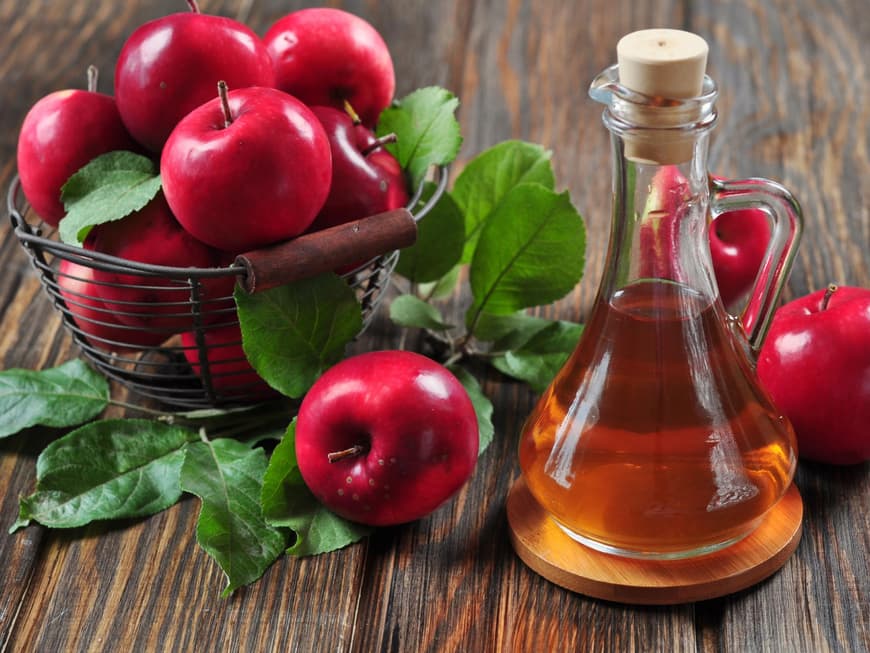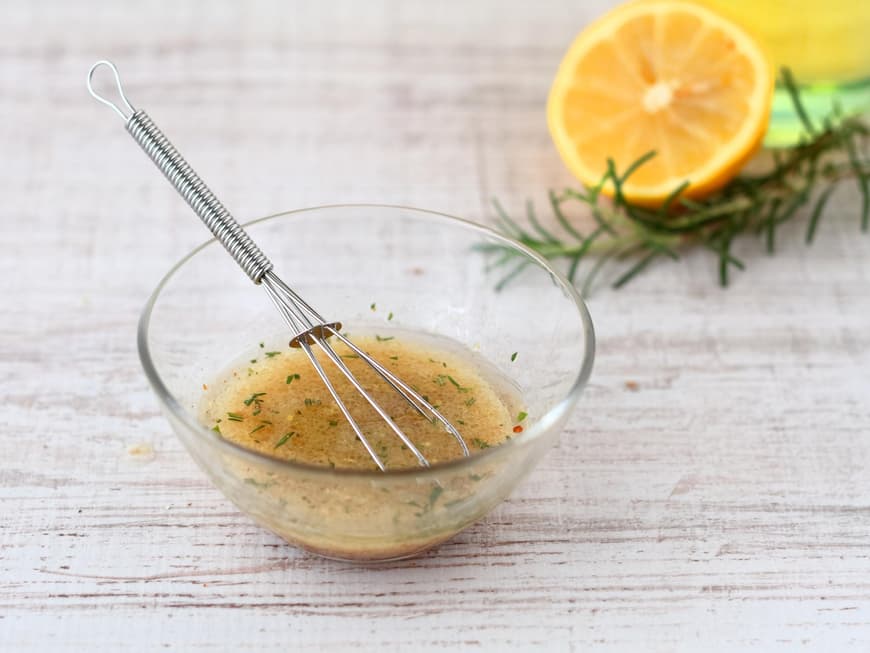Vinegars: specialties with a long tradition
All vinegars owe their origins to pure chance. A long time ago, when a barrel of wine fermented due to bacterial attack and the contents turned sour, it was discovered that the resulting acidity could be used to refine food. Today, special vinegar wines are deliberately mixed with bacterial cultures (the so-called vinegar mother) and then left to mature at a controlled temperature and oxygen supply, often for years.
An overview of the different types of vinegar
Raspberry vinegar
This is usually made from apple or wine vinegar, which is refined with raspberry pulp. Very rarely, there is also pure raspberry vinegar made from fermented berries. This is of course correspondingly expensive, but also very aromatic.
Goes well with: leaf and poultry salads, drop by drop with fish and goat's cheese or in Prosecco as an aperitif.
Red and white wine vinegar
The classic made from red or white grapes. Tastes tangy and tartly fresh, whereby the white is often milder than the red due to its lower tannin content.
Goes well with: Naturally for vinaigrettes and dips. Red is ideal for pickling beef and game. White makes fine marinades for fish and poultry.
Sherry vinegar
Honey to dark brown Spanish vinegar made from fermented sherry wine. Typical is its fine caramel note. The higher the quality and aroma, the better the wine used.
Goes well with: Perfect for endive, rocket and radicchio. For vegetable salads, as a dip for spicy soft cheese (Munster, blue cheese) and for gravy.
Apple vinegar
A popular all-round vinegar made from fermented apple wine. Very fruity and mildly acidic. Can be pale yellow or naturally cloudy. French cider vinegar is a specialty.
Goes well with: Great with raw vegetable salads, as a condiment for poultry and fish salads. It can also be mixed with juice or water as a spritzer and is great for pickling.
How can you recognize good balsamic vinegar?
This fine Italian product is a real treasure, provided it is produced according to the strict rules of its country of origin (the province of Modena in Emilia Romagna). A deep dark syrup with an incomparable aroma matures over 12 to 25 years, which has nothing to do with the brown-colored cheap vinegar that is often mistakenly sold as aceto balsamico.
The only true one bears the protected designation Aceto Balsamico di Modena I. G. P. The noblest is the "extra vecchio", which can cost up to 100 euros per 100 ml.
DIY vinegar varieties: Homemade flavored vinegar
Refined with rosehips
For 2x 500 ml, wash 500 g of self-collected rose hips (grow on the side of the road from September). Cut off the ends and score the fruit lengthwise. Mix with 1 liter of white wine vinegar in a large preserving jar. Cover tightly and leave to infuse in a warm place for 4-6 weeks. Then sieve the vinegar, bottle and store in a cool, dark place.


